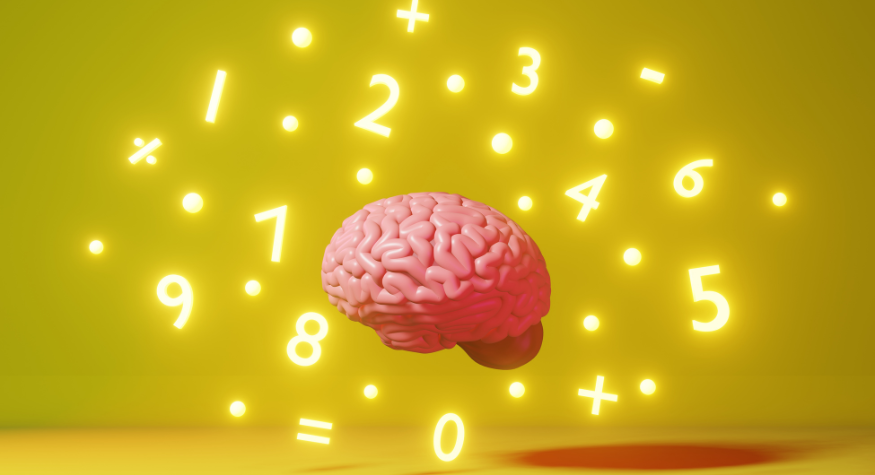 This blog post was written by Mitch Frye, Academic Dean of the Alabama School of Mathematics and Science. He is scheduled to present his session, “Math Interventions for STEM Schools in the Post-COVID Era,” at 3:45 p.m. Monday, November 13.
This blog post was written by Mitch Frye, Academic Dean of the Alabama School of Mathematics and Science. He is scheduled to present his session, “Math Interventions for STEM Schools in the Post-COVID Era,” at 3:45 p.m. Monday, November 13.
From frequent conversations with our mathematics faculty at the Alabama School of Mathematics and Science, I’ve learned that a significant number of students are drastically behind the curve when it comes to math. In the dark days of online learning during the pandemic, some developed bad habits like letting Photomath do their homework and tests for them, meaning they got a lot of answers but not many skills. Now, even if students in that group want to live clean and do their own work, they struggle because they missed out on key concepts back when they were attending virtual classes with webcams off and smartphones on.
The recent proliferation of artificial intelligence applications and services further complicates this situation. While AI can be incredibly useful, it also risks providing students yet another approach for getting answers by circumventing learning. How do we serve this generation of students so that they have the content knowledge and critical thinking skills they need to remain competitive both in college and in the job market of the future?
Math Learning Loss and NCSSS Schools
Nationwide, students’ math skills are still in recovery from Covid. While composite standardized test scores have seen modest increases in many states, aggregate data from ACT, Inc. shows that the ACT Math subject score remains on average a full point lower than scores in most other categories. State testing similarly reflects math deficiencies among students, and, if you have teacher friends on your social media feed, you know that anecdotal evidence from educators suggests the same.
Because NCSSS member schools specialize in STEM, students’ math skills matter deeply to us. We recruit students to enroll in our advanced courses, and skill deficiencies can prevent their full participation, even under the most otherwise equitable conditions. If the math outcomes facilitated by our feeder schools fail to meet our expectations, our curricula must adapt to prepare students for the higher-level STEM courses they will take with us.
Enrichment and Remediation Programs for Math
With that in mind, my colleague Kristal Webb and I are hosting a panel on math intervention strategies at the 2023 NCSSS Professional Conference in Phoenix. Kristal teaches many courses in our Pre-Calculus sequence, including Algebra, Geometry, and Trigonometry. Since 2021, she has observed that our incoming students increasingly struggle with foundational concepts like exponents, fractions, order of operations, memorization of formulae, and even simple arithmetic – problems we only rarely encountered before Covid. When left unchecked, these weaknesses discourage students and bar them from pursuing upper-level math courses.
To open our roundtable discussion at the professional conference, we will share the content and results of our new Enrichment and Guidance Group (EGG), a program required for any incoming ASMS Dragon with low math subject scores or poor math grades on their transcript. After that, we would love to hear from other NCSSS schools about their experiences compensating for Covid-era learning loss in math. What setbacks have they encountered? What steps have they taken to help students? Did those measures work, and what did they learn from them?
Connections to the Humanities
The primary focus of this roundable is math remediation, but Kristal and I hope to address humanities connections, too. 2023 ACT data shows that the only other subject score averaging under 20 is English, which deals with mechanics and grammar – the “mathematics” of composition. Like math, this is an area of content knowledge hindered by Covid learning conditions and AI-facilitated automation, with Grammarly taking the place of Photomath in this scenario.
Knowing this, we added a writing module to the ASMS enrichment program to complement its math content. We saw good results from this effort, and we will share them during the roundtable discussion. But more importantly, we want to hear from our sister schools and learn how they are coping with the persistent problem of pandemic-related learning loss. Join us on Monday, November 13 at 3:45 pm for “Math Interventions for STEM Schools in the Post-COVID Era” so that we can share ideas.

